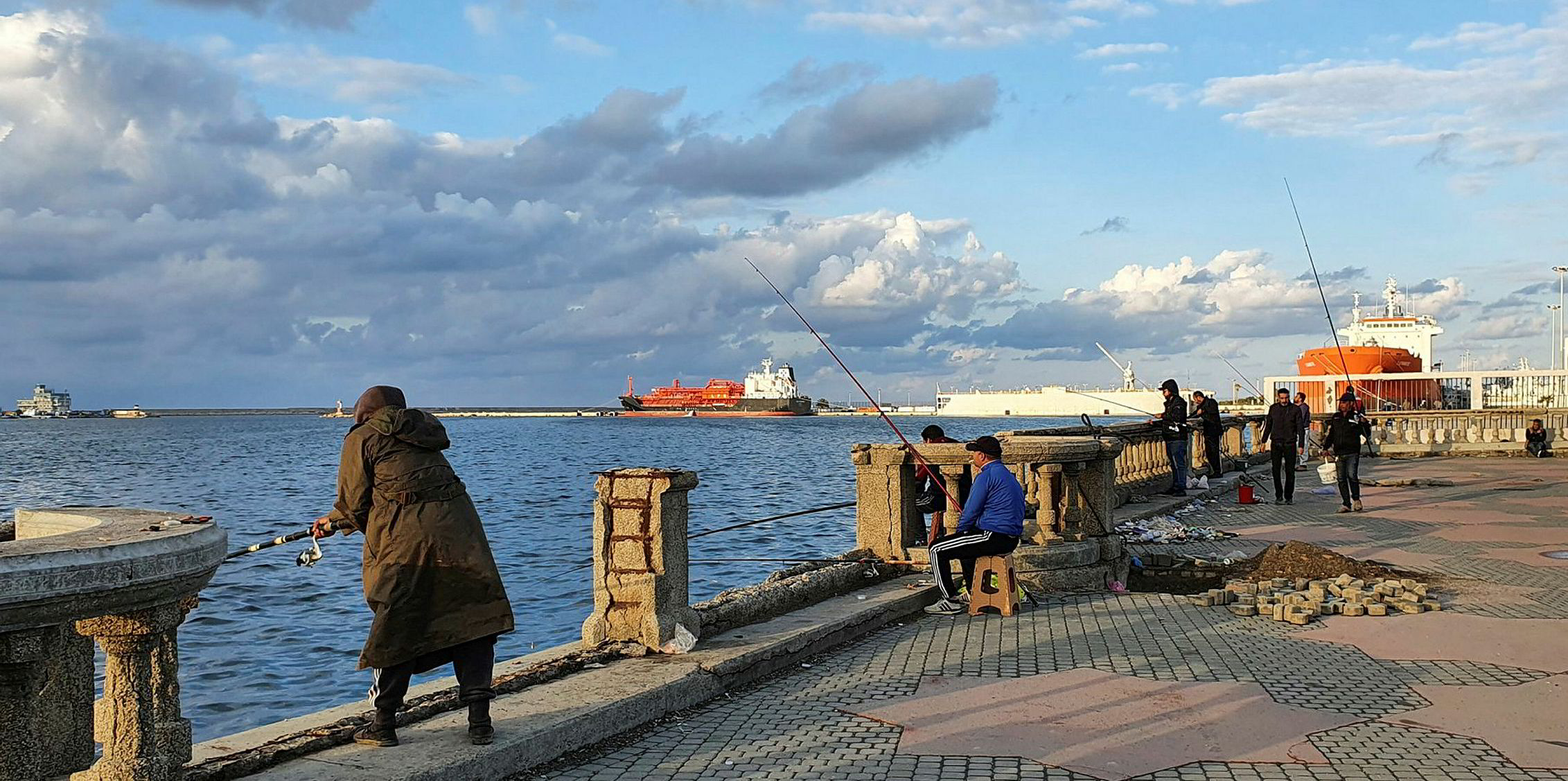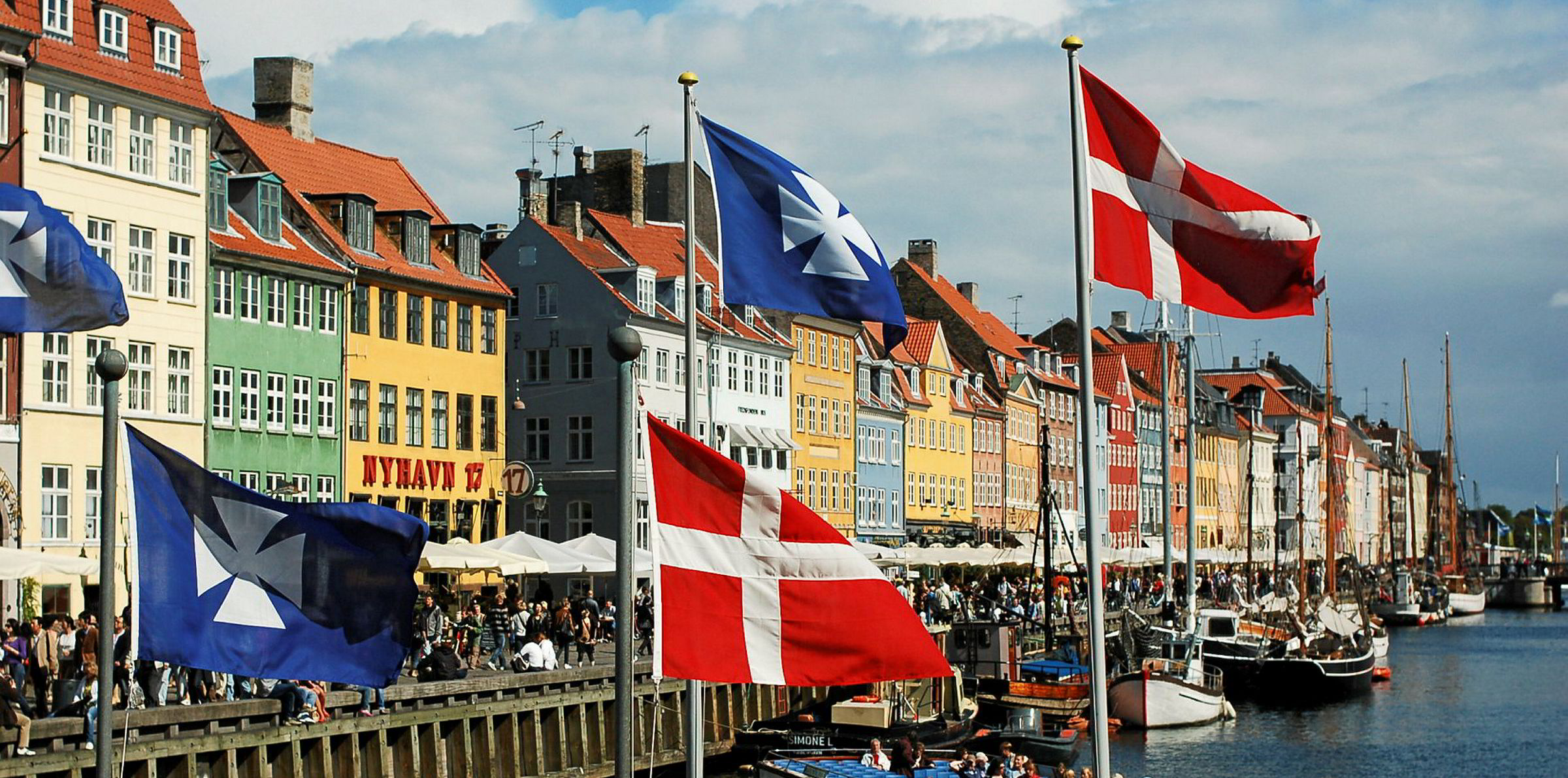Libya has closed all its ports on Monday as it seeks to keep Covid-19 out of the war-torn country.
The crude oil exporting nation has also closed all airports as a result of the coronavirus pandemic.
Libya’s Tripoli-based Government of National Accord (GNA) has declared a state of emergency, prime minister Fayez al-Serraj said on Saturday.
Serraj pledged to spend $360m to combat the disease if it reached Libya, where no cases have been confirmed so far.
The country has been ravaged by civil war since last April and lacks adequate isolation and other facilities to combat the virus, the head of its disease control centre told Reuters on Thursday.
Eastern terminals already shut
Its eastern oil ports have been shut since January on the orders of warlord Khalifa Haftar, whose Libyan National Army (LNA) is attacking the capital.
These are Brega, Ras Lanuf, Hariga, Zueitina and Sidra.
This initially resulted in a loss of crude oil production of 800,000 barrels per day (bpd), down from 1.3m barrels, and daily financial losses of $55m.
The current levels of production are just 97,508 bpd, as of 11 March.
The National Oil Company (NOC) has lost more than $3bn in revenue since 17 January.
In its last update on 12 March, NOC said it was concerned about a likely fuel shortage in the near future after the forced reduction of local production, the Zawiya refinery shut-down and the lack of government funding to import sufficient fuel to serve the basic needs of Libyans.
Billions of lost revenue
"We call on those responsible for the closure to immediately lift the imposed blockade and spare oil sector workers and citizens from more suffering. We call on the rest of the state’s bodies to maintain the remaining reserves and reduce their expenses as well," NOC added.
For now, it continues to supply hydrocarbons to all regions in sufficient quantities to meet domestic needs.
"However, some fuel storage levels are running low and next week some areas are at risk of shortages if the government does not make the required financial transfers for the fuel account," it said.
An LPG tanker finished discharging at Benghazi port on 11 March, while a product tanker was preparing to discharge there on the same day.
On 13 March, NOC implemented austerity measures due to the continued illegal shut down of facilities.
Austerity measures introduced
The corporation is yet to receive its 2020 budget after more than 70 days of the new year, which will force it to cut all non-essential expenses.
This includes freezing or postponing some contracts, stopping most overtime pay, reduction of some services and other measures.
“This was not an easy decision, but the lack of revenue caused by blockading facilities means that we will have to reduce our costs," said NOC chairman Mustafa Sanalla.
“I would like to reassure all workers in the sector that their situation is stable as their basic salaries will continue to be paid. I want to ask them to stay strong and united during these difficult times.”
In February, tankers were told to leave the port of Tripoli and an LPG carrier had a narrow escape after the terminal was shelled by forces loyal to the LNA.
Shipping operations came to a halt just as United Nations-brokered talks on the country’s 10-month civil conflict were resuming.






